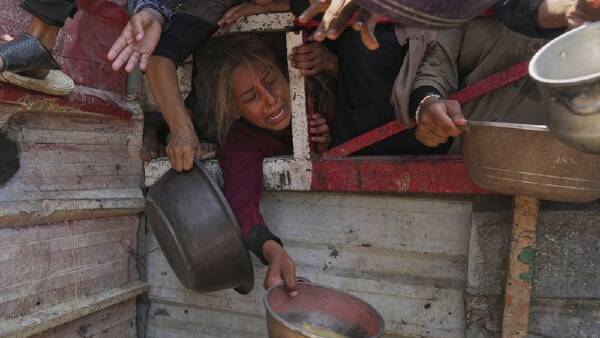
The Israeli military has confirmed that it will begin airdropping emergency aid into Gaza, a region currently experiencing severe humanitarian distress. This announcement comes in the wake of escalating violence, with Palestinian health authorities reporting that Israeli air strikes and gunfire have resulted in at least 53 fatalities in the past few days.
The situation in Gaza has reached a critical point, leading to urgent calls for humanitarian assistance. The Israeli military’s decision to facilitate aid airdrops is intended to address the needs of civilians impacted by the ongoing conflict.
Casualties and Humanitarian Crisis
Reports from Palestinian health authorities indicate that the recent military actions have not only resulted in civilian casualties but have also exacerbated the humanitarian crisis. Hospitals in Gaza are overwhelmed, struggling to provide adequate medical care to those injured in the strikes. Access to essential supplies, including food and medical resources, has significantly diminished.
The October 2023 escalation of violence has drawn international concern, prompting various humanitarian organizations to call for an immediate ceasefire. Aid agencies are warning that without intervention, the situation could worsen, with many residents facing dire conditions.
International Response and Aid Efforts
In light of the increasing urgency for humanitarian assistance, several international organizations are mobilizing to provide support. The United Nations and various non-governmental organizations are coordinating efforts to send supplies into the region, which will be complemented by the Israeli military’s airdrop initiative.
This move has sparked discussions regarding the effectiveness of military-led aid efforts, with some advocates suggesting that humanitarian assistance should be conducted independently to ensure the safety and neutrality of aid workers. Nonetheless, the priority remains focused on delivering aid to those in need, as the civilian population continues to bear the brunt of the conflict.
As the situation develops, it is crucial for the international community to monitor the conditions in Gaza closely. The combination of military operations and humanitarian efforts presents a complex landscape that requires careful navigation to ensure the safety of civilians and the successful distribution of aid.
The coming days will be pivotal in shaping the region’s immediate future, with hopes that the airdrops will alleviate some of the suffering experienced by the people of Gaza.






